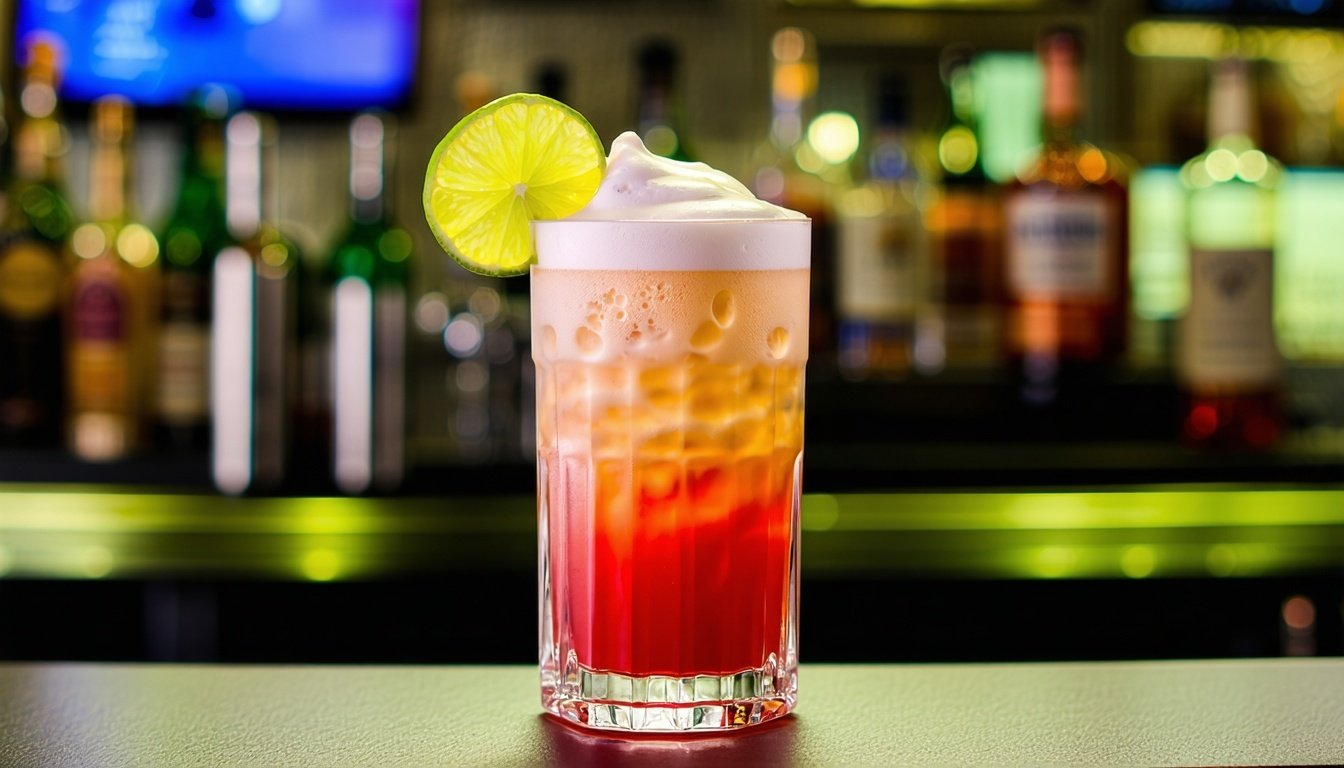
Egg whites are a common ingredient in many cocktails, but they can pose a serious health risk if not handled properly. Learn how salmonella contamination occurs and how to safely enjoy your favorite drinks.
The Popularity of Egg White Cocktails
Egg white cocktails have become increasingly popular among cocktail enthusiasts and bartenders alike. Their creamy texture and ability to create a beautiful frothy top make them a favorite for both classic and modern drink recipes. From the timeless Whiskey Sour to the trendy Ramos Gin Fizz, egg whites add a unique element to many beloved beverages.
This summer, as you gather around the campfire with friends and family, you might be tempted to shake up some of these delightful drinks. However, it's crucial to be aware of the potential health risks associated with using raw egg whites in your cocktails.
Understanding Salmonella: What It Is and How It Spreads
Salmonella is a type of bacteria that can cause foodborne illness. One particular strain, Salmonella Typhi, is responsible for typhoid fever, a serious illness. While typhoid fever is more common in areas with poor sanitation, Salmonella infections can occur anywhere and are often linked to the consumption of contaminated food or water.
The bacteria can spread to humans through the ingestion of food or drinks contaminated with fecal matter from an infected person or animal. In the context of cocktails, using raw eggs that are contaminated with Salmonella can introduce the bacteria into your drink, posing a health risk.
The Risks of Using Raw Egg Whites in Cocktails
Using raw egg whites in cocktails can introduce the risk of Salmonella contamination. Although the likelihood of an egg being contaminated is relatively low, the consequences of infection can be severe, especially for vulnerable populations such as young children, the elderly, and those with weakened immune systems.
Symptoms of Salmonella infection include diarrhea, fever, abdominal cramps, and vomiting. In severe cases, the infection can lead to dehydration and may require hospitalization. Given these risks, it's essential to handle and use egg whites safely in your cocktail preparations.
Safety Tips for Using Egg Whites in Cocktails
To minimize the risk of Salmonella contamination, consider the following safety tips when using egg whites in your cocktails:
1. **Use Pasteurized Eggs**: Pasteurized eggs have been heat-treated to kill harmful bacteria without cooking the egg. They are a safer option for recipes that call for raw or lightly cooked eggs.
2. **Proper Storage**: Store eggs in the refrigerator at a temperature below 40°F (4°C) to slow the growth of bacteria.
3. **Hand Washing**: Always wash your hands thoroughly with soap and water before and after handling raw eggs.
4. **Clean Utensils and Surfaces**: Ensure that all utensils, mixing equipment, and surfaces are clean and sanitized before and after preparing your cocktails.
By following these guidelines, you can significantly reduce the risk of Salmonella contamination and enjoy your egg white cocktails safely.
Enjoying Cocktails Safely: Alternatives to Raw Egg Whites
If you prefer to avoid using raw egg whites altogether, there are several alternatives that can provide similar texture and frothiness to your cocktails:
1. **Aquafaba**: The liquid from canned chickpeas or other legumes, known as aquafaba, can be whipped into a frothy consistency similar to egg whites. It's a popular vegan substitute and works well in cocktails.
2. **Foaming Agents**: Commercial foaming agents, such as foaming bitters, can be added to cocktails to create the desired frothy texture without the use of eggs.
3. **Egg White Substitutes**: Powdered egg white substitutes are available and can be reconstituted with water. They are pasteurized and safe to use in drinks.
By exploring these alternatives, you can continue to enjoy the creamy, frothy texture in your cocktails without the risk of Salmonella contamination.

.png)
-2.png)
-2.png)
.jpg)
